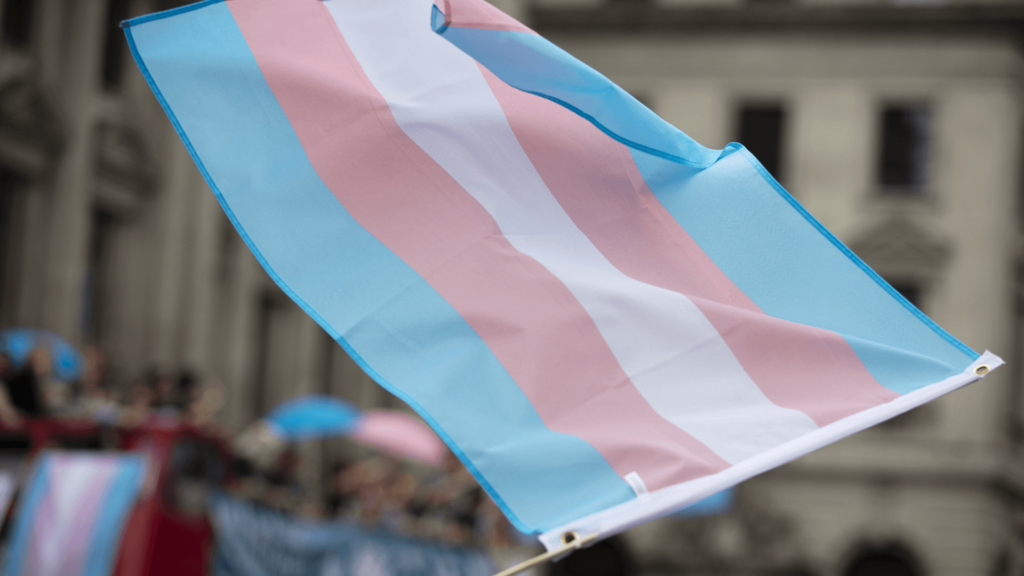In a latest determination, the Canadian Human Rights Tribunal (the CHRT or Tribunal) dominated that misgendering and “deadnaming” an worker, regardless of particular and repeated requests for his gender identification to be revered, represent discriminatory behaviour that violates the Canadian Human Rights Act (CHRA).
The ruling reinforces the authorized protections afforded to transgender staff below Canadian human rights laws, together with the CHRA, and the obligations imposed on employers for office discrimination.
Info
The complainant is a transgender man who has introduced as such for over twenty years, utilizing a male identify for the reason that early 2000s and masculine pronouns for the reason that Nineteen Nineties. Regardless of this, his authorized identify stays unchanged, and his authorities paperwork nonetheless replicate his beginning identify, which the Tribunal refers to as his “deadname.” In late August 2018, he started working for one of many respondents, NC Tractor Companies Inc., alongside the opposite two respondents, NC Tractor’s proprietor (the proprietor respondent) and workplace administrator (the worker respondent) (collectively the person respondents).
The complainant alleged the respondents harassed him on the idea of his gender identification or expression and failed to supply a harassment-free work atmosphere, in violation of part 14 of the CHRA. Specifically, he claimed that regardless of his repeated requests to be addressed by his chosen identify and masculine pronouns, the person respondents persevered in utilizing his deadname and female pronouns.
He additional asserted that the person respondents requested him intrusive questions on his transgender standing, a few of which had been of a sexual nature, and that the proprietor respondent subjected him to unwelcome sexual feedback, gestures, and touching. He stated the discriminatory harassment he endured finally prompted his resignation from NC Tractor in November 2018.
Each particular person respondents acknowledged they repeatedly misgendered and deadnamed the complainant, regardless of his specific requests in any other case. The worker respondent cited problem utilizing the complainant’s chosen identify, which she attributed to her frequent publicity to his deadname in office paperwork. She additionally acknowledged the inappropriateness of her questions, however claimed they had been requested with the complainant’s willingness to coach in thoughts. However, the proprietor respondent refused to honor the complainant’s request, citing a authorized obligation to stick strictly to authorized names within the office. He justified his refusal by asserting his perception that utilizing the complainant’s chosen identify would represent fraud.
Choice
Embracing the method of the British Columbia Human Rights Tribunal, the CHRT affirmed the rights of transgender staff to recognition and respect for his or her gender identification and expression, and the corollary “primary obligation” for all people to make use of their chosen names and pronouns. It acknowledged the elemental position of pronouns in shaping identification and the intrinsic hyperlink between misgendering and gender identification or expression. The Tribunal additionally underscored the numerous impression of misgendering on the security and well-being of transgender and non-binary people, describing its results as “humiliating, stigmatizing, psychologically distressing, and dehumanizing.”
It dismissed the proprietor respondent’s justification, highlighting the absence of any Canadian laws requiring utilizing an worker’s authorized identify within the office. As a substitute, it reaffirmed the duty below Canadian human rights laws, together with the CHRA, for employers to chorus from discriminating towards their staff based mostly on gender identification or expression, which entails respecting their chosen names and pronouns.
In the end, the Tribunal concluded that the person respondents’ conduct violated part 14(1)(c) of the CHRA. Particularly, it decided that their persistent misgendering and deadnaming of the complainant, in addition to the proprietor respondent’s feedback and questions, which undermined the complainant’s identification as a person, constituted discriminatory harassment based mostly on his gender identification or expression. It additionally discovered the worker respondents’ questions contributed to the general impression of the discriminatory harassment endured by the complainant.
Notably, NC Tractor was held chargeable for the discriminatory actions of the person respondents on account of its failure to satisfy the circumstances outlined in part 65(2) of the CHRA. The Tribunal cited the proprietor respondent’s persistent misgendering and deadnaming of the complainant, in addition to his failure to deal with comparable conduct by the worker respondent, as grounds for attributing legal responsibility to NC Tractor below part 65(1) of the CHRA.
In mild of those findings, the Tribunal awarded the complainant $18,000. This included $15,000 for ache and struggling, with $12,000 attributed to NC Tractor and the proprietor respondent, and the remaining $3,000 directed on the worker respondent. NC Tractor and the proprietor respondent had been ordered to pay an extra $3,000 in particular compensation for the proprietor respondent’s reckless discrimination.
Takeaways
This determination sheds mild on the distinctive challenges confronted by transgender staff and strengthens each the authorized safeguards offered to them by Canadian human rights laws, together with the CHRA, and the obligations it imposes on employers relating to office discrimination and harassment associated to gender identification or expression.
Importantly, it affirms that the rights of transgender people to have their gender identification and expression acknowledged and revered entail an obligation for everybody to make use of their chosen names and pronouns. Furthermore, it establishes misgendering and deadnaming as discriminatory practices below the CHRA.
Lastly, it serves as a reminder of the significance of employers fulfilling their obligation to completely examine complaints of discrimination and harassment and take acceptable motion, as failure to take action might result in each monetary and non-financial legal responsibility.
Given these implications and the evolving authorized panorama, employers are inspired to evaluate and replace their insurance policies and practices to make sure compliance and foster an inclusive office. Our workforce is accessible to supply steerage and help all through this course of.
